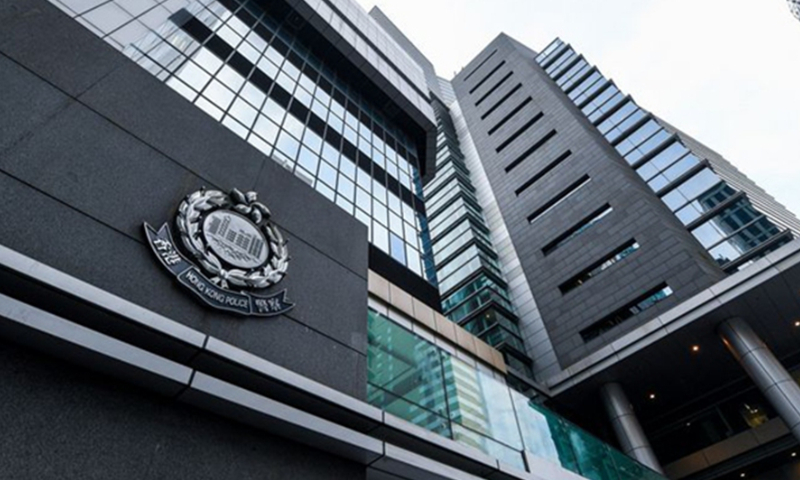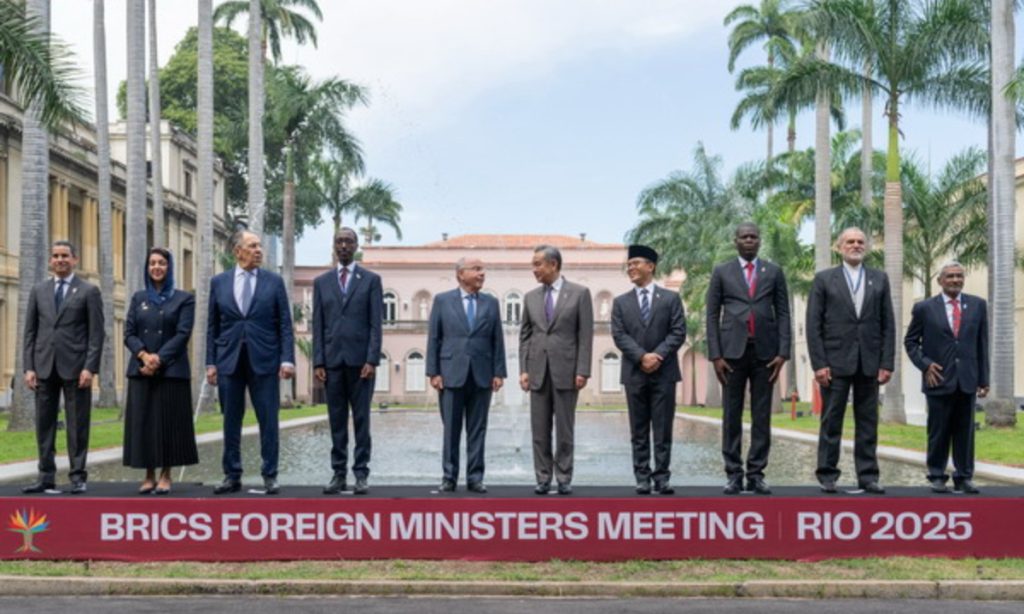HKPF launches drone patrol program for crime prevention

The Hong Kong Police Force have launched a pilot program called the "Small-Scale Unmanned Aerial Vehicle Operational Deployment" to conduct automated and regular high-altitude patrols for crime prevention using drones, local media Wen Wei Po reported on Wednesday. In the first phase, the program will be implemented in the Border District and the Kowloon West Region for a period of three months, officially starting from Friday, Wen Wei Po said.
The Global Times learned from the HKPF on Wednesday that the program is part of the police's efforts of actively promoting "digital policing" by leveraging technology and streamlining processes to enhance efficiency and effectiveness.
The program aims to integrate drones into various aspects of daily policing. This includes the use of automated drone hangars to pre-program flight paths and execute patrol missions autonomously, significantly improving patrol efficiency, the police told the Global Times in an e-mailed statement.
The drones will also be deployed for high-altitude urban patrols focused on crime prevention and maintaining public safety and order. The primary goal of the pilot program is to harness technology to implement digital policing, deliver high-quality police services, enable more flexible deployment of frontline officers, and enhance overall operational efficiency, the police said.
Tango Ko, superintendent of police at the key points and search division of the major events bureau, was quoted as saying in a report by the local media RTHK on Wednesday that all police drone operations will be conducted by certified remote pilots.
"Before every drone mission, they will have a comprehensive risk assessment, for example, the takeoff area, landing area and also to decide the flight path. We will make sure that the flight path is away from the pedestrian and also vehicular traffic density," Ko was quoted as saying in the media report.
To address and alleviate public concerns about potential privacy infringements during drone operations, the police told the Global Times that it will strictly adhere to the relevant guidelines regarding the use of drones including conducting routine patrols primarily for real-time surveillance, focusing only on public areas unless video recording is required for specific investigations.
Surveillance will not cover the interior of private buildings or personal spaces, the police said.
Also, it is establishing internal protocols to regulate flight missions, including whether recording is necessary and how any collected footage will be handled, and carefully planning flight routes to avoid unnecessary proximity to the public or residential areas.
Secretary for Security of the Hong Kong Special Administrative Region Chris Tang Ping-keung revealed in December 2024 that the police would implement the drone patrol system integrated with artificial intelligence to enhance security services, local media outlet in Hong Kong The Standard reported on December 12, 2024.
During a Legislative Council meeting, Tang said drone technology is becoming a global trend, saying that the Hong Kong disciplined forces will adopt various strategies to effectively utilize drone technologies in suitable scenarios.
As of May, 700 officers across all police districts are qualified to operate patrol drones as holders of an advanced rating from the Civil Aviation Department, the South China Morning Post reported. Ten officers in the border police district have been trained to operate the automatic drone system, according to the media report.
